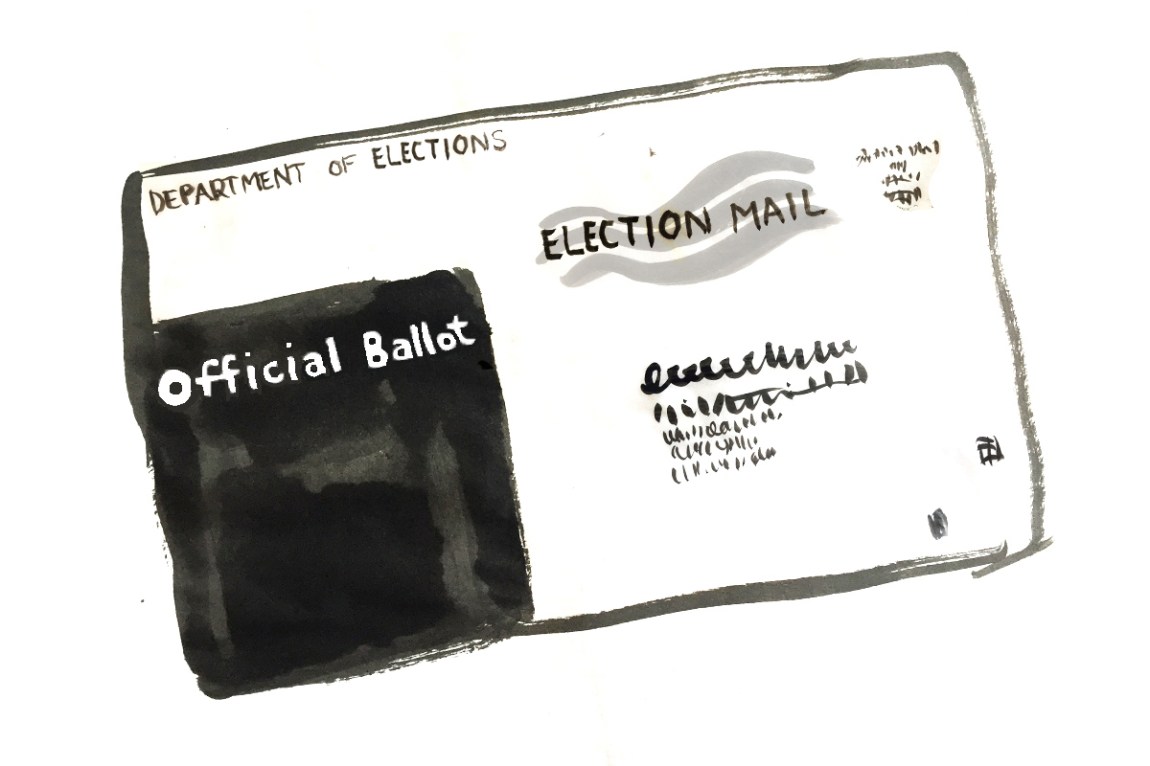The end of Roe v. Wade and Planned Parenthood v. Casey would be catastrophic for American women, generations of whom have lived with access to abortion. Near the end of his draft opinion in Dobbs v. Jackson Women’s Health Organization, however, Justice Samuel Alito gives a cynically upbeat prediction about its potential effects. Rather than forthrightly address the suffering the Court’s decision would cause, he casts it as a benevolent grant to women voters in individual states—one that would “return the issue of abortion to legislative bodies” and allow “women on both sides of the abortion issue to seek to affect the legislative process.” For emphasis, he reminds us that “women are not without electoral or political power.”
This is a declaration that many people in both major political parties may be tempted to endorse, and indeed there are states where women will be able to marshal their electoral power to protect abortion rights. But there are many states where this will not be so—especially in the South, where a majority of Black women still live. And that makes it impossible to read the draft opinion without also thinking about the Court’s recent, devastating voting rights jurisprudence and its effect on the electoral power of Black women.
The Supreme Court’s 2013 decision in Shelby County v. Holder removed critical protections of Section 4 of the Voting Rights Act and struck down the preclearance formula of Section 5 of the act, which compelled jurisdictions with a history of voting discrimination to submit proposed electoral changes to a federal authority for approval before enactment. That provision had made the Voting Rights Act the crown jewel of civil rights legislation because it created a regime to head off discriminatory practices before they became law. After striking down the use of the preclearance formula, the Court in Shelby perhaps sought to minimize the damage by reinforcing that Black voters would remain free to challenge discriminatory voting laws after they were enacted by bringing claims under Section 2, which allows Black voters to bring claims to challenge election laws and practices that dilute or deny minority voting strength.
Since then, Black women have had to overcome an accelerating and complex array of voter suppression schemes, which have proliferated with alarming speed. Even as the Dobbs draft circulates, the ability of Black and Latina women to vote—and have their votes counted—is in peril as a result of voter suppression laws passed in states including Georgia, Texas, and Florida. Those laws are being challenged by civil rights groups in litigation unlikely to be fully resolved before this year’s midterm congressional and state elections.
Black women voters have proved incredibly resilient, leading record turnout for the Democratic base in the 2020 presidential election and in the Georgia special election in 2021. Black voters stood in line for nine hours in Fulton County, Georgia, in the 2020 presidential primary, during some of the worst days of the pandemic. Their patriotism and determination were rewarded by the Georgia Republican Party with a new set of voter suppression laws, including one section that criminalizes giving water or refreshments to voters standing in line.
That law and additional elements of newly enacted voter suppression laws are also the subject of lawsuits brought under Section 2 of the Voting Rights Act. But those challenges will not be evaluated using the standard for reviewing claims under Section 2 that has been in place for more than forty years, because last summer, in Brnovich v. Democratic National Committee, Justice Alito himself announced a new and more restrictive test for evaluating claims under Section 2 that runs roughshod over the test articulated by Congress and used effectively for decades by lower courts. Justice Elena Kagan, writing in dissent, described his majority opinion as a “law-free zone.” He doesn’t seem to mind. Just a month ago, the Court allowed a flagrantly racist gerrymander, which had been painstakingly detailed in a 234-page decision by a federal trial court in Alabama, to go forward for this year’s midterm elections. The Court announced that decision on the “shadow docket”—its portfolio of presumably temporary emergency orders decided without a full opinion by the Court, and without full briefing or oral argument by the parties.
All of these decisions have made it harder for Black women to exercise the electoral power Alito suggests is their recourse to secure abortion access. When Alito purports to place the future of abortion in the hands of women voters, he is denying the stark political disenfranchisement of Black and Latina women that the Court itself has abetted. To which women, then, is he referring?
Whether or not the language of this leaked draft survives the process of review, we cannot unsee what it has revealed about the current majority’s ambitious project of retrenchment. If this draft opinion holds, the Court will be restricting the fundamental privacy rights of Black women while dismantling the tools we need to protect our political power.
Advertisement



